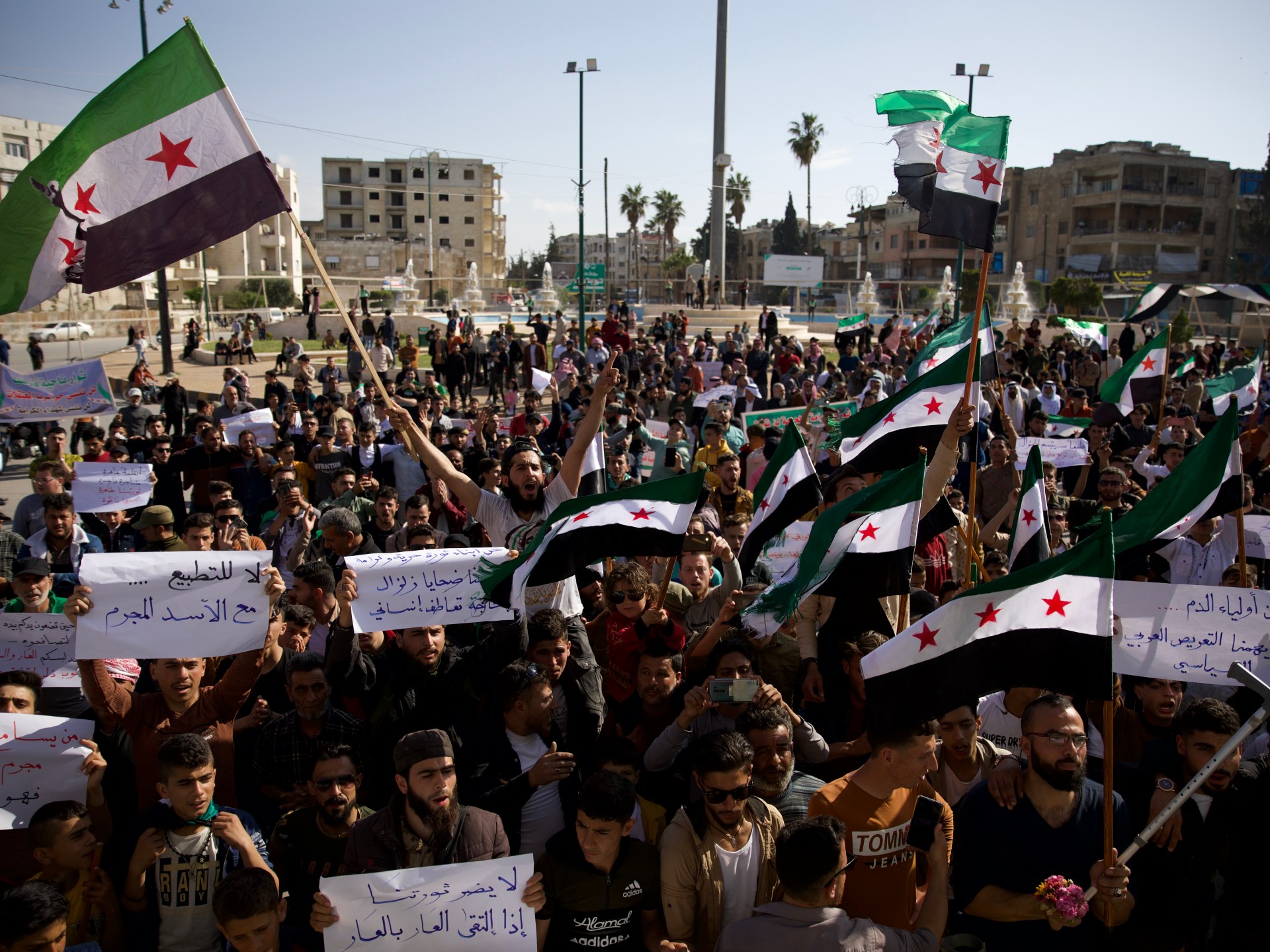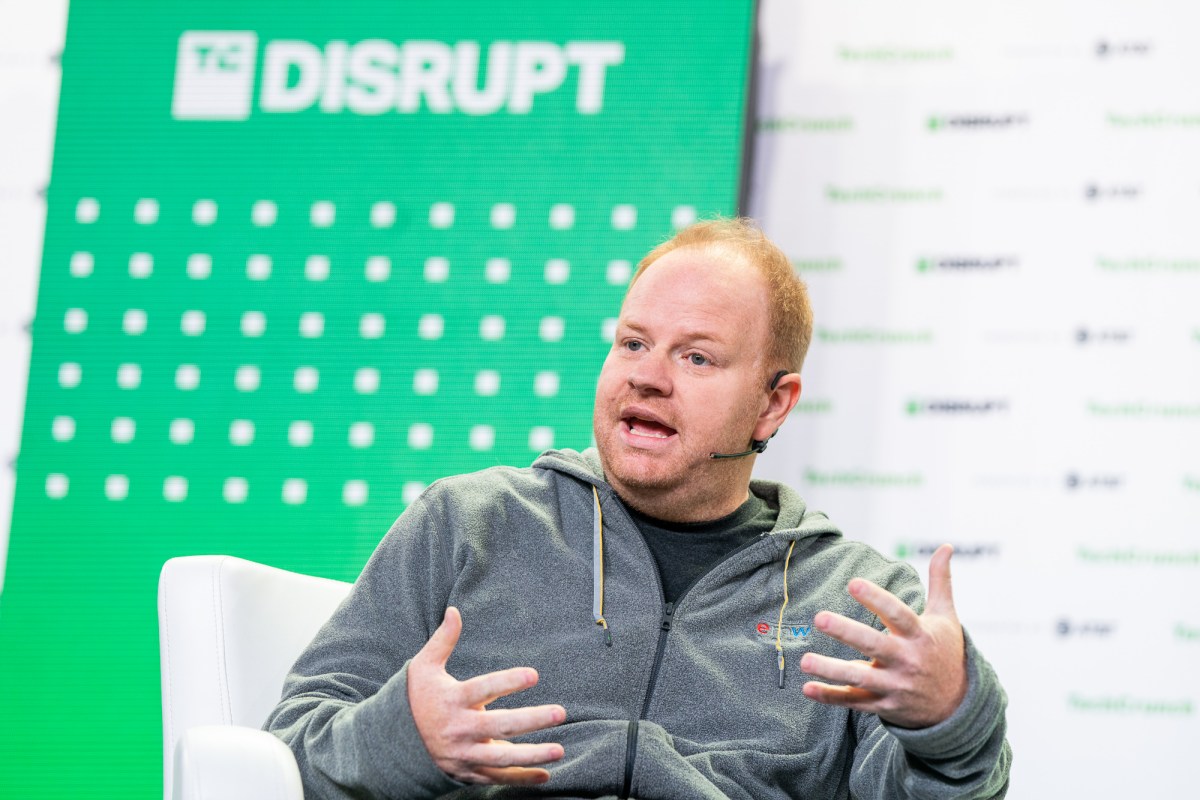French-German Initiative For ME Reform
It was revealed ahead of a meeting Friday, March5 , in Paris between French President Jacques Chirac and his Egyptian counterpart Hosni Mubarak who renewed his fierce criticism of a U.S. initiative for reform in “The Greater Middle East”.
The French-German Initiative – unveiled Thursday, March 4 – distances both Paris and Berlin from the U.S. reform proposal, which has drawn a hostile response as it was seen as a high-handed attempt to reshape the region and serve the interests of Washington and Israel.
The two heavy-weight EU members has moreover called on the bloc to define a "distinct approach" which would however be “complementary to that of the United States,” according to Agence France-Presse (AFP).
“We must avoid the trap of a global approach which ignores national characteristics and stigmatizes Islam as being incompatible with modernity," Paris and Berlin said in a joint statement Thursday.
The two European powers plan to reveal the details of the new Franco-German initiative at a meeting of EU ambassadors next week, according to French daily Le Monde.
The announcement comes at a time when several plans aiming to tackle the various problems in the region using a comprehensive approach having been floating about, according to Deutsche Welle website.
Most prominent so far, Washington’s Greater Middle East Initiative, which the Bush administration wants to present at the G 8Summit in June.
The Franco-German plan emphasizes the importance of working on a individual, country-by-country basis to bring stability to the region, according to Le Monde.
Paris and Berlin stress that "every initiative for the Middle East must respond to the needs and aspirations of the region," wrote Le Monde.
The Franco-German plan might get a better reception among Arab leaders who said this week they were wary about the Bush administration’s proposal. The over-arching plan wants to address major problems of unemployment and poverty in a region stretching from North Africa to Pakistan.
U.S. President George W. Bush will meet with Egyptian leader Hosni Mubarak in Texas in April to discuss the details of the plan, which will call on Arab governments to implement significant political changes and economic reforms, according to reports.
Mubarak Fury
The Franco-German plan, judging on the statement released by its sponsors, appears to support the views of the Egyptian president, one of the US plan’s chief critics.
The U.S. initiative aims to encourage democratic and economic reform in the authoritarian Arab world and other Muslim countries in a bid to deprive “international extremists” of the reservoir of frustration and poverty they thrive on for support, according to AFP.
Egypt and Saudi Arabia, which are both allies of the U.S., have criticized the initiative, fearing Washington wants to impose its own cultural model on the region.
Mubarak believes the problems of bringing democracy to a complex region of diverse but interlinked cultures is fraught with problems.
"The greater Middle East is a mosaic of peoples, traditions, ways of life and economies," he told the Italian daily La Repubblica in an interview Friday.
Citing the example of Algeria, where a civil war has raged for 12 years after the army annulled an election won by the Islamic party, Mubarak said: "Instant freedom and democracy can have a seismic effect on a country."
“We will not allow models to be imposed from outside which would drive us to shipwreck and anarchy."
"We know our countries better than anyone," added Mubarak, a prominent member of the22 -state Arab League, which will debate the initiative at a summit in Tunis later this month.
The Arab leader – one of the closest U.S. allies in the region – indicated he would have strong words for U.S. President George W. Bush when he visits the Bush ranch in Texas for talks on April12 .
"I will ask him to specify the content of his reforms, which are still obscure. I will explain to him that without our participation, this initiative is doomed to failure."
Mubarak also said he would ask Bush to specify what he means by the concept of a Greater Middle East "and what it implies".
"I don’t know what he is implying, but I feel something strange. It’s a feeling. Maybe I’m wrong, maybe I’m right. I can’t tell you more than that."
In Rome, Mubarak seemed to have has notched an important early victory in his campaign against the embattled U.S. initiative, as Washington ally Italy said no solution can be imposed on the region from outside.
"The countries concerned must be directly involved in the evolution of any initiative concerning the ‘Greater Middle East’," Italy’s Prime Minister Silvio Berlusconi said after meeting Mubarak late Thursday.
Berlusconi’s statement marks a change in the Italian position compared to its earlier pronouncements.
Foreign Minister Franco Frattini said Wednesday that Italy subscribed to Washington’s initiative, though he said "the impetus must however come from the region itself."


